Our women designers series is an on-going project to highlight innovative designers across the world that incorporate YKK® products into their unique creations. Meet Alea Riley Executive Creative Director at ALEIMAN.
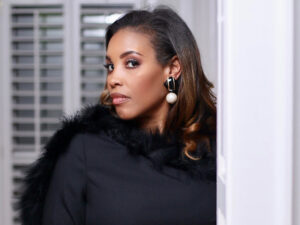
Tell us your name and background in fashion.
Hi! My name is Alea Brummell Riley, and I am Executive Creative Director at ALEIMAN. I have been designing for nearly 15 years and launched my brand in 2019 after obtaining an MFA in Fashion Design and Product Development. While working on my thesis, I was inspired by the no-harm rule (minimizing the negative impact one has on the environment) and decided that sustainable practices and processes would be at the core of my company. As such I work with sustainable, organic, and natural fibers in developing my pieces. I use and reuse as much as possible, passing this knowledge onto my customers and networks. I often showcase unique ways of reimagining endless wardrobe possibilities based on what’s already in your closet.
We noticed that your collection pieces didn’t just feature zippers as a functional element, but also as a stylistic element. Do you see zippers playing not just a functional role, but also an aesthetic role in fashion going forward?
Yes! I was inspired by the idea of connection, and zippers exist to connect one piece of fabric to another. I dialed into that idea emotionally with this collection. During COVID, we were in a place of separation and isolation and when I started to play with the zippers I was inspired and loved the way they represented this concept physically and metaphorically.
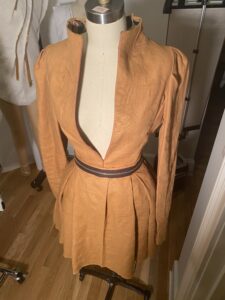
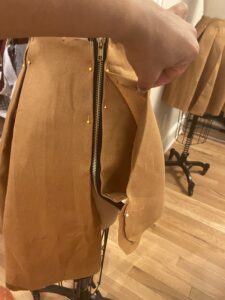
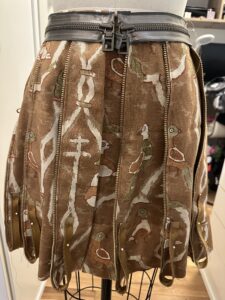
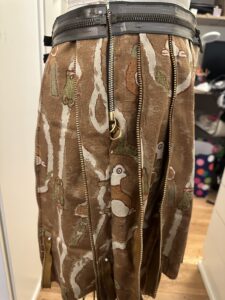
When and how did you discover that sustainability in fashion would play an important role in your work?
When did I decide on sustainability as a focus? I was working on my thesis midway through my MFA program and was learning about denim and the manufacturing process. I couldn’t get over the amount of water used to produce a mere pair of jeans. Then I was introduced to brands like Eileen Fisher and Stella McCartney and was intrigued. I knew then that my path in design needed to be intentional and have meaning. Sustainability as an approach to design just made sense.
When crafting sustainable pieces or collections, what are the main considerations you keep in mind?
My main points or focuses concerning sustainability are first fabric. I am most interested in fabrics that are natural, organic and sustainably sourced. I’ve been lucky enough to use some of the beautiful fabrics that my mother has collected since the 70s 80s and early 90s. I recycle notions and find new ways to combine accessories. I try to be as efficient as possible when it comes to cutting my fabric and laying out pattern pieces. I haven’t achieved zero waste, but I am constantly working on it. I use recycled packaging EcoEnclose. In my studio I am always looking to repurpose and recycle tools. For me, it’s important to be resourceful and use everything I can.
What is your experience working with YKK® and utilizing YKK® zippers in your recent collections?
I enjoy bringing every collection to life, but I have the most fun playing with concepts of form and function. Thanks to the sponsorship with YKK, my latest collection, ResJux Extended, features zippers as aesthetic and functional design elements.
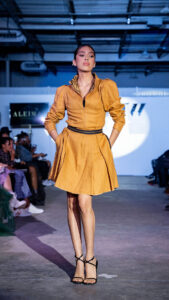
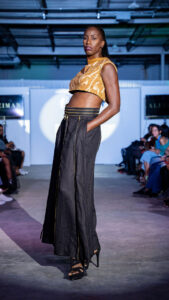
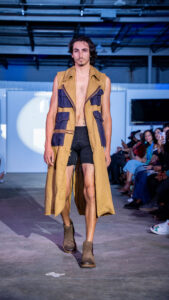
What advice do you have for designers, especially those looking to incorporate sustainability into their craft?
I would encourage new designers to think outside the box and keep in mind sustainability is not a destination it’s a journey. You don’t have to adopt everything all at once. Take your time and build onto your process over time. It will be less drastic and easier to apply and maintain that way.

